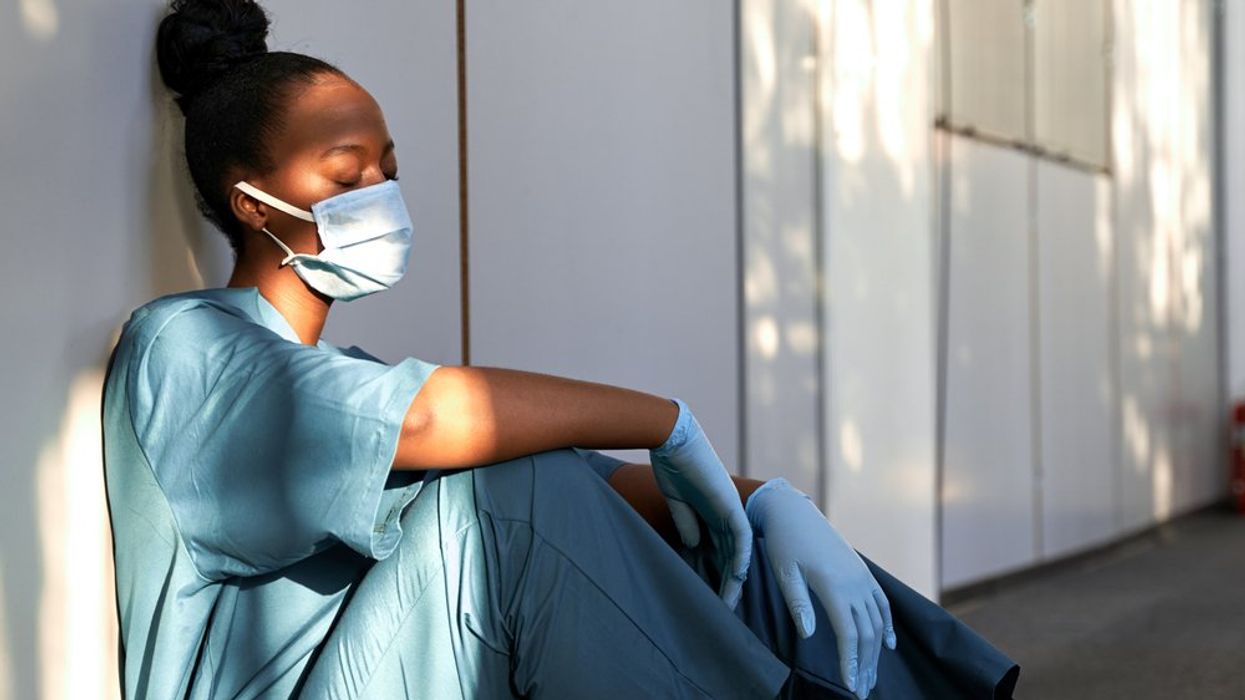Nurses who are stressed and burnt out could become a major problem for the healthcare industry.
According to a survey of over 18,200 registered nurses from AMN Healthcare, a health care staffing agency, job satisfaction rates are plummeting, which seem to be impacting pursuit of the career. Despite job satisfaction remaining at 80 percent for over a decade, only 71 percent of nurses in 2023 say they are satisfied with their position. 94 percent of nurses said that their workplace was understaffed.
"A crisis in nursing is upon us," Chief Clinical Officer Cole Edmonson wrote in the report's forward. "This extremity reverberates not only in the profession but throughout our nation’s healthcare system."
The "crisis" is particularly reflected in younger generations, as only 42 percent of Gen Z and 43 percent of Millennial nurses say that they would encourage their peers to enter the field, compared to 62 percent of Baby Boomers.
While Covid-19 was a massive source of stress for nurses, the report notes that more in the profession seem burnt out now than at the height of the pandemic. In 2021, 62 percent reported feeling emotionally drained. In 2023, the number rose to over 75 percent. Respondents this year were also more likely to say that their job is hazardous to their health, increasing to 70 percent from 51 percent.
"In the midst of the pandemic, we nurses were widely lauded as heroes in the media and public acclaim, which buoyed our spirits and pride during the worst national public health crisis in our lifetimes," Edmonson continued. "But as pandemic conditions waned, the accolades subsided and the focus on nurse wellbeing waivered. Many have been left facing the consequences of the pandemic without adequate support that they deserve and need."
The AMN recommends "long-term systemic changes" to combat the burnout crisis, including restrictions on the amount of patients nurses can take on, flexibility in their work schedules, and expanding the capacity of nursing programs through staff and students.
"Nurses are the primary point of care and support for hundreds of millions of patients and the human foundation of our entire healthcare system," Edmonson said. "The impact of nurses on the health of our nation is profound; what happens to nurses is critical for all healthcare and all patients."



















































